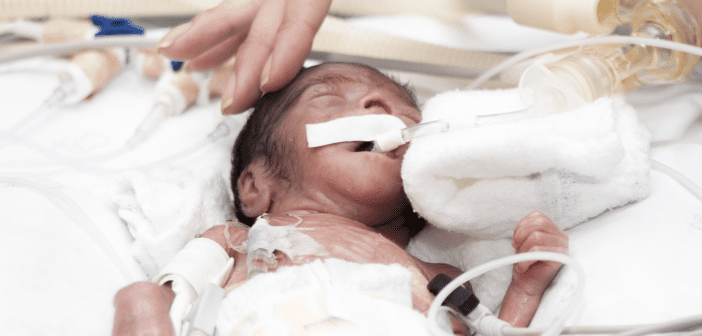Brandi Winemiller knows firsthand the challenges that come with living with disabilities and chronic health conditions. She’s had to cope with having no medical certainty about what the future holds. Despite these obstacles, Brandi has met milestones no one would have anticipated. She can say without a doubt that she has had a positive impact on the world through the people she has met. Brandi’s life, full of unique challenges and successes, could have ended in an abortion, which is why Brandi is passionate about telling her story.
Brandi’s mother was 16 when she became pregnant at the end of the rubella epidemic. At about two months’ pregnant, Brandi’s mother came down with rubella, drastically altering the course of Brandi’s life. Rubella is known to cause severe birth defects, including many that are life-threatening. The life expectancy of babies born with rubella was uncertain.
Brandi’s mother and grandmother have vivid memories of the doctor showing them pictures of the worst cases of babies born with rubella, many of the babies disfigured by the virus. The doctor may have been simply preparing them for what was possible, but some of the family fear he was trying to pressure them to choose abortion. Brandi’s grandparents went so far as to schedule an abortion, which would have ended Brandi’s Life. The day before the appointment, Brandi’s mother saw her doctor once more and chose Life.
Brandi lives with chronic illnesses from complications of the rubella and her Life will never be easy. On the most difficult days, she reminds herself that we may never know whose lives we positively impact during our time on earth, and despite whatever suffering she may be going through, she is part of something bigger than herself.
Brandi has devoted herself to answering medical questions surrounding rubella. Her unique medical challenges may provide insight into the disease and other diseases that could lead to breakthroughs for more effective treatment. Brandi volunteers for research studies and readily talks to medical students about her condition.
Beyond the medical side of her story, Brandi also shares her family’s difficult decisions in order to reach other people with similar struggles. Brandi knows from experience how unsettling the knowledge is that because of your disabilities you could have been aborted. She said, “It brings a lot of confusion. Was I wanted? Was I not wanted? At one point did I begin to be wanted?” By sharing her story, she hopes that other people facing this devastating confusion can find comfort knowing they are not alone.
To parents facing an uncertain future for their disabled child, Brandi says, “I’m a prime example of why you shouldn’t choose abortion. I was supposed to be ‘blind by 7, dead by 16.’ I was supposed to be institutionalized.” Brandi is a living example that disabilities can be overcome in ways no one could expect. For parents who think they would be overwhelmed by a child with disabilities, Brandi says, “Consider adoption.” Brandi herself was raised by her paternal grandparents after her young mother was unable to meet the challenges of taking care of a child with disabilities. A family member or another loving family can take on the task of raising that child. Abortion is not the answer.
The Disabled Preborn Justice Act would ensure that all children are protected from the violence of late abortions. Under current law, most babies are protected from abortion after five months gestation, the stage of development at which they undeniably feel pain. However, babies who may have a disability can be killed in an abortion through all nine months of development in the womb. Every child has the Right to Life. Every child deserves the opportunity to overcome disability. Brandi is an example of what is possible.
Send a message to your legislators in support of the Disabled Preborn Justice Act.


